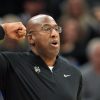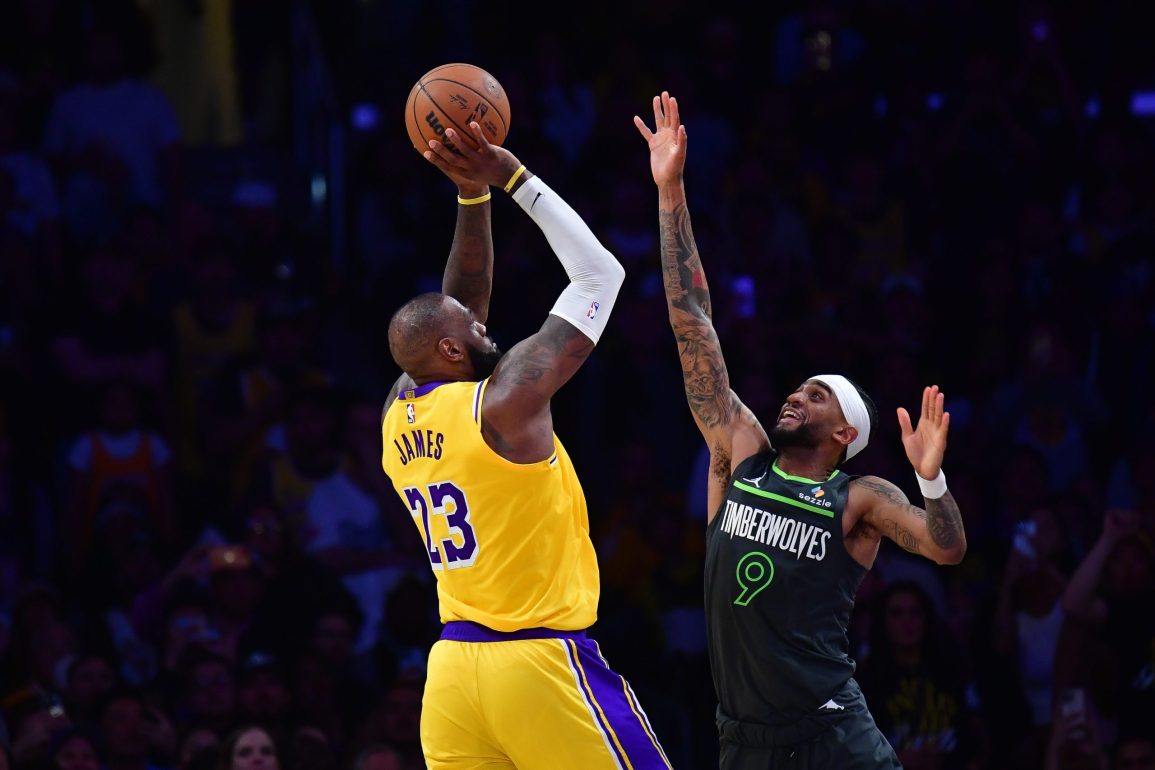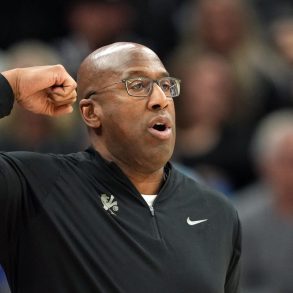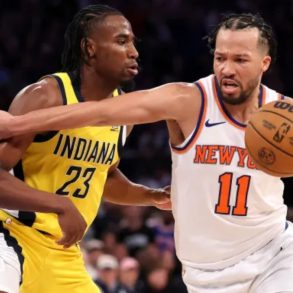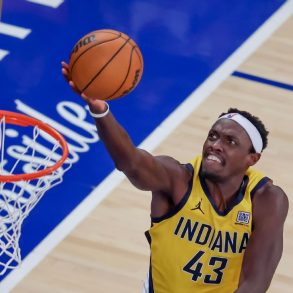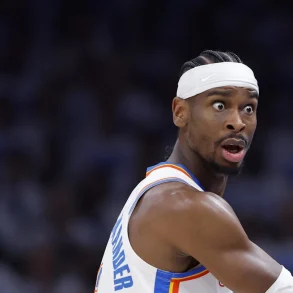The Los Angeles Lakers’ season came to an abrupt and disappointing end at the hands of the Minnesota Timberwolves, who ousted them in just five games during the first round of the NBA playoffs. Despite predictions favoring “Lakers in five,” it was Minnesota who dominated the series, closing it out on the Lakers’ home court.
The shocking defeat left players visibly frustrated, most notably Dorian Finney-Smith, who slammed a chair in the locker room. While the series technically ended in Game 5, Game 4—a grueling, down-to-the-wire battle—ultimately tilted the momentum irreversibly in Minnesota’s favor.
Lakers’ Lack of Size and Redick’s Inexperience Proved Costly Against Deeper Timberwolves
Although the Timberwolves were clearly the stronger team, most games were tightly contested. The Lakers, despite their top-heavy talent with stars like LeBron James and Luka Dončić, were undermined by a glaring lack of depth and size. Minnesota exploited these weaknesses relentlessly, especially with their dominant frontcourt.
The Lakers, forced into a small-ball approach due to their roster construction, couldn’t match Minnesota’s physicality or rebounding presence. It became apparent that relying on undersized lineups and minimum-salary centers was not sustainable in a playoff environment that rewards depth and matchup flexibility.
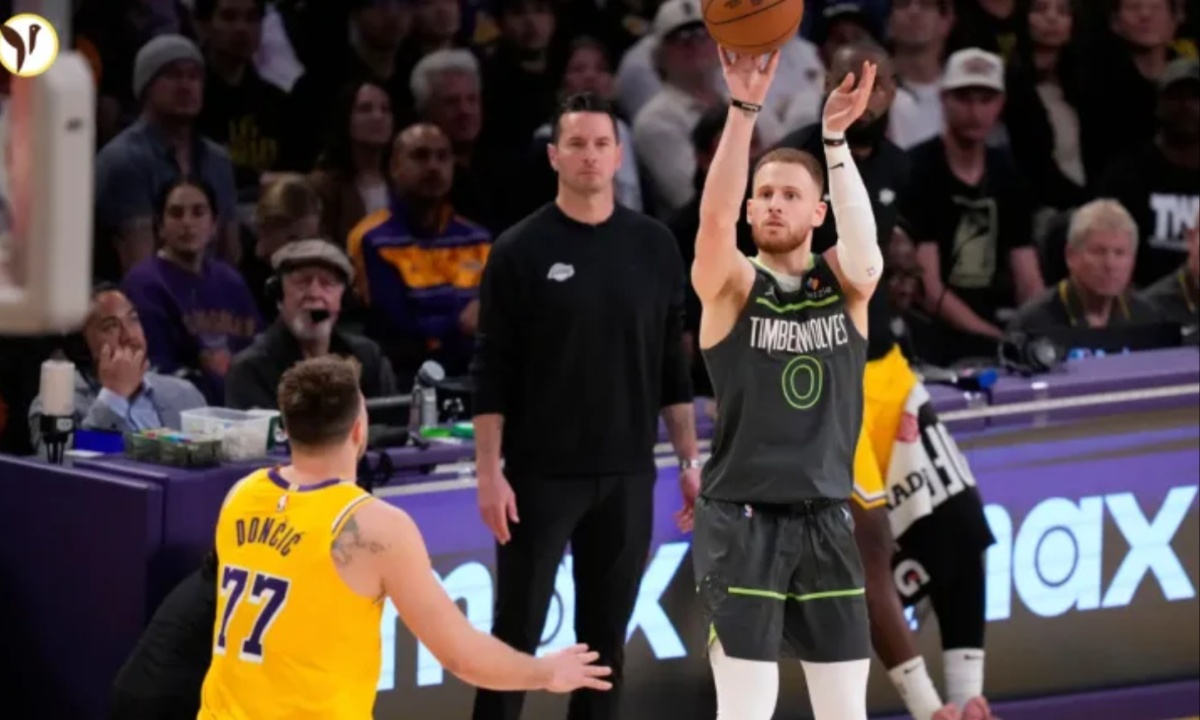
JJ Redick’s transition from rookie head coach to playoff strategist revealed a steep learning curve. While he impressed in the regular season under difficult circumstances—including losing his home to a fire—his inexperience showed in the postseason.
Timberwolves coach Chris Finch outmaneuvered him at key moments, particularly in Game 4. Redick’s decision to play his best five-man lineup for the entire second half backfired when fatigue set in, leading to a crucial late-game collapse. That decision, although understandable given his lack of bench trust, likely sealed the team’s fate.
Dončić-James Duo Shows Promise, But Lakers’ Future Hinges on Key Offseason Changes
The midseason blockbuster trade that brought Luka Dončić to Los Angeles in exchange for Anthony Davis generated high expectations, but such dramatic roster changes rarely yield immediate postseason success.
LeBron James acknowledged the inherent challenges of integrating a new star midseason and noted that, despite the playoff loss, the team showed promise by finishing third in a tough Western Conference. Dončić’s playoff debut with the Lakers was underwhelming by his standards, but there remains potential for the pairing to flourish with more time and better roster support.
While this postseason ended in disappointment, it’s too early to write off the Dončić-James experiment. Key issues like Dončić’s conditioning, bench depth, and defensive consistency must be addressed, and Redick will need to grow into a more tactically adept playoff coach.
The biggest wildcard remains LeBron’s future—whether he’ll return for a 22nd NBA season is still unknown. But if he does, there’s reason for optimism. With a full offseason to build chemistry and refine their system, this Lakers team has the potential to be far more formidable next year.
